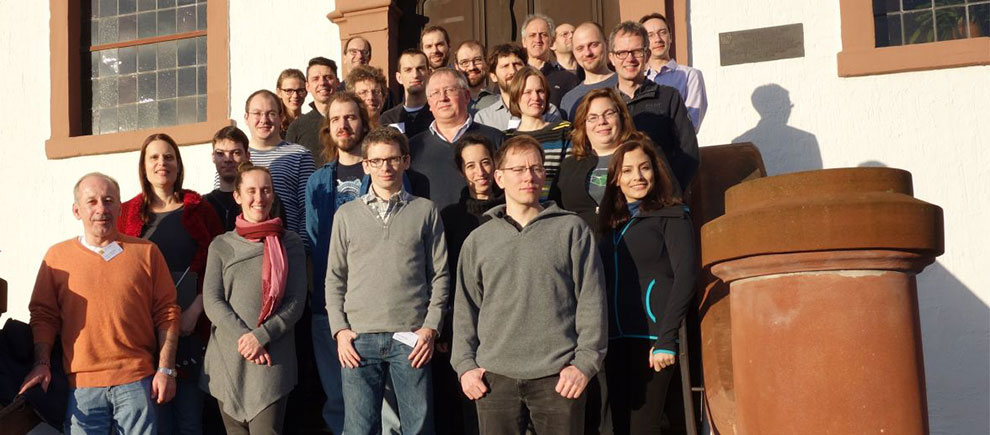Trajcevski Participates in Dagstuhl Seminar
The Seminar is on Geometric and Graph Based Approaches to Collective Motion

Recent years have brought generations of huge data sets for entities as diverse as birds, deer, traveling humans, sports players, vehicles, hurricanes, flood-shapes, etc. To study more complex phenomena like interaction and collective motion, typical approaches of managing spatio-temporal trajectories are often insufficient and the basic trajectory representations and corresponding processing algorithms must be revised.
Dagstuhl Seminars consist of an invited group of experts from all over the world, who spend time discussing various facets of problems of societal relevance where computer science can provide effective solutions. Prof. Goce Trajcevski was recently invited to participate in the Dagstul seminars, which are frequently praised by participants as very productive academic events, that promote personal interaction and open discussion of results, as well as ideas.
Recently developed analysis tools for trajectory data in the areas of GIScience and algorithms have tackled problems such as clustering, performing similarity analysis, segmenting a trajectory into characteristic sub-trajectories, finding patterns like flocking, and several others. However, the motivation for motion can include: foraging, escaping from predators, changing climate, or it can even be unknown. In such settings, the mode of movement may be influence by social interactions, energy efficiency, the possible discovery of resources, and the natural environment.
Read more about the seminar on Geometric and Graph Based Approaches to collective motion
